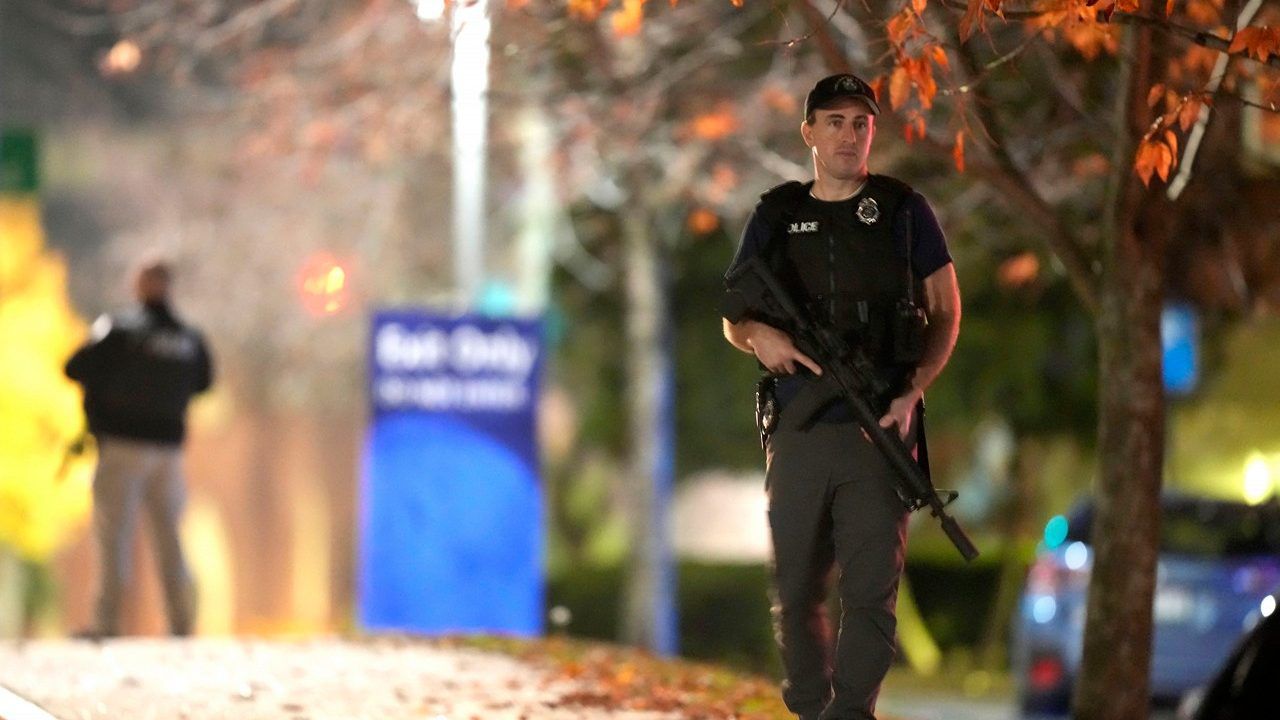Active military members serving in the Army, Air Force, Navy and Marines will soon need to undergo cognitive development tests to detect brain trauma.
The announcement comes after it was learned that Army Reservist Robert Card was a longtime instructor at an Army hand grenade training range where it was believed he was exposed to thousands of low-level blasts.
A study of Card’s brain from Dr. Ann McKee of Boston University’s CTE Center found that Card had evidence of traumatic brain injuries at the time of the shooting.
Card killed 18 people in Lewiston at Just-In-Time Recreation and Schemengees Bar and Grille Restaurant last October.
In a memo, defense department officials said it plans to reduce the risk of injury by mandating a list of requirements that military members must follow.
To manage brain health risks of blast overpressure, military officials will ensure that active and reserve members will continue to undergo cognitive assessments by Dec. 21, defense department officials said.
The department defines blast overpressure as the sudden onset of a pressure wave from a blast. The pressure wave is caused by energy released during explosions and weapons firing, officials said.
Defense Department officials say there have been reports of acute exposures to blast overpressure despite it not being understood fully. They say these cases have been from exposures to blast overpressure above four pounds per square inch.
Officials say that there are also adverse effects for short and long-term exposure to blast overpressure in terms of brain health and cognitive performance, which include memory loss and decreased reaction times.
“This policy is not meant to preclude or unreasonably restrict commanders from conducting mission-essential weapons training,” Pentagon officials wrote in the memo. “Rather this policy establishes requirements for practical risk management actions to mitigate and track (blast overpressure) exposures across the Department of Defense.”
Officials are also looking to increase the distance for instructors and range safety officers taking part in military exercises involving explosives.
The defense department also says it plans to use the latest technology to reassess weapons that cause blast overpressure. Weapons that could cause blast overpressure will have warnings included in the department’s operation manuals and operator training sessions.
Officials will be tracking down those who were potentially exposed to blast overpressure and collect data for the department of defense.
At the same time, they will also be training and educating personnel in areas on the potential health and performance effects and establishing procedures in recognizing blast overpressure symptoms, which will include reporting the exposure to their commander and seeking an evaluation from a medical provider.
Pentagon officials are authorizing military officials to begin implementing these measures effective immediately.



